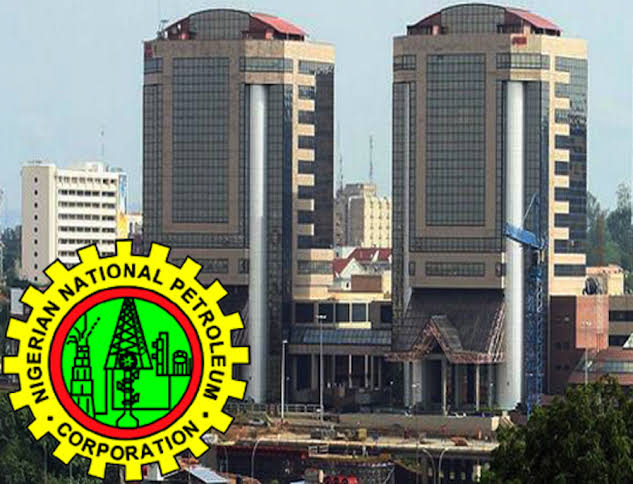Nigerian National Petroleum Company Limited (NNPCL) Zero Remittance to Federation Account in 2022 – CFO Reveals
In a significant development, the Chief Financial Officer (CFO) of the Nigerian National Petroleum Company Limited (NNPCL), Umar Ajiya, disclosed that the company remitted zero funds to the Federation Account in 2022. This decision was primarily attributed to the payment of subsidies on Premium Motor Spirit (PMS), commonly known as petrol.
Subsidy Constraints and Financial Impact
Ajiya elaborated on the constraints posed by fuel subsidies, which prevented NNPCL from remitting taxes, royalties, and profits to the Federation Account. Additionally, the company’s profitability was adversely affected by the subsidy regime, leading to a cessation of remittances.
Subsidy Removal: A Turning Point
The removal of subsidies marked a pivotal moment for NNPCL, heralding a shift towards financial stability and prosperity. President Bola Tinubu’s declaration to end the subsidy regime in May 2023 was swiftly enforced by NNPCL, signaling a transformative phase for the company.
Financial Resurgence and Contribution to Federation Account
Ajiya highlighted the profound impact of subsidy removal on NNPCL’s financial performance. The company’s profit surged from N674.1 billion in 2021 to N2.54 trillion by the third quarter of 2022, underscoring the positive implications of this policy change.
Transition to Profitability
With the subsidy no longer draining financial resources, NNPCL embarked on a trajectory of growth and profitability. The company commenced remittances to the Federation Account, contributing N4.5 trillion between January and September 2023, marking a significant milestone in its financial turnaround.
Financial Expenditure and Operational Costs
While navigating subsidy challenges, NNPCL incurred substantial expenses, including wages, entertainment, and operational costs. The company’s audited financial statement for 2022 revealed comprehensive insights into its financial activities and expenditures.
Revenue Generation and Auditing Process
NNPCL’s revenue generation, predominantly derived from crude oil sales, petroleum products, and natural gas, underscores its pivotal role in Nigeria’s economy. The company’s robust revenue streams underwent rigorous auditing processes, ensuring transparency and accountability.
Conclusion
The transition from subsidy dependence to financial resurgence signifies a remarkable feat for the Nigerian National Petroleum Company Limited. As it continues to navigate complex economic landscapes, NNPCL remains steadfast in its commitment to fiscal responsibility and sustainable growth.








